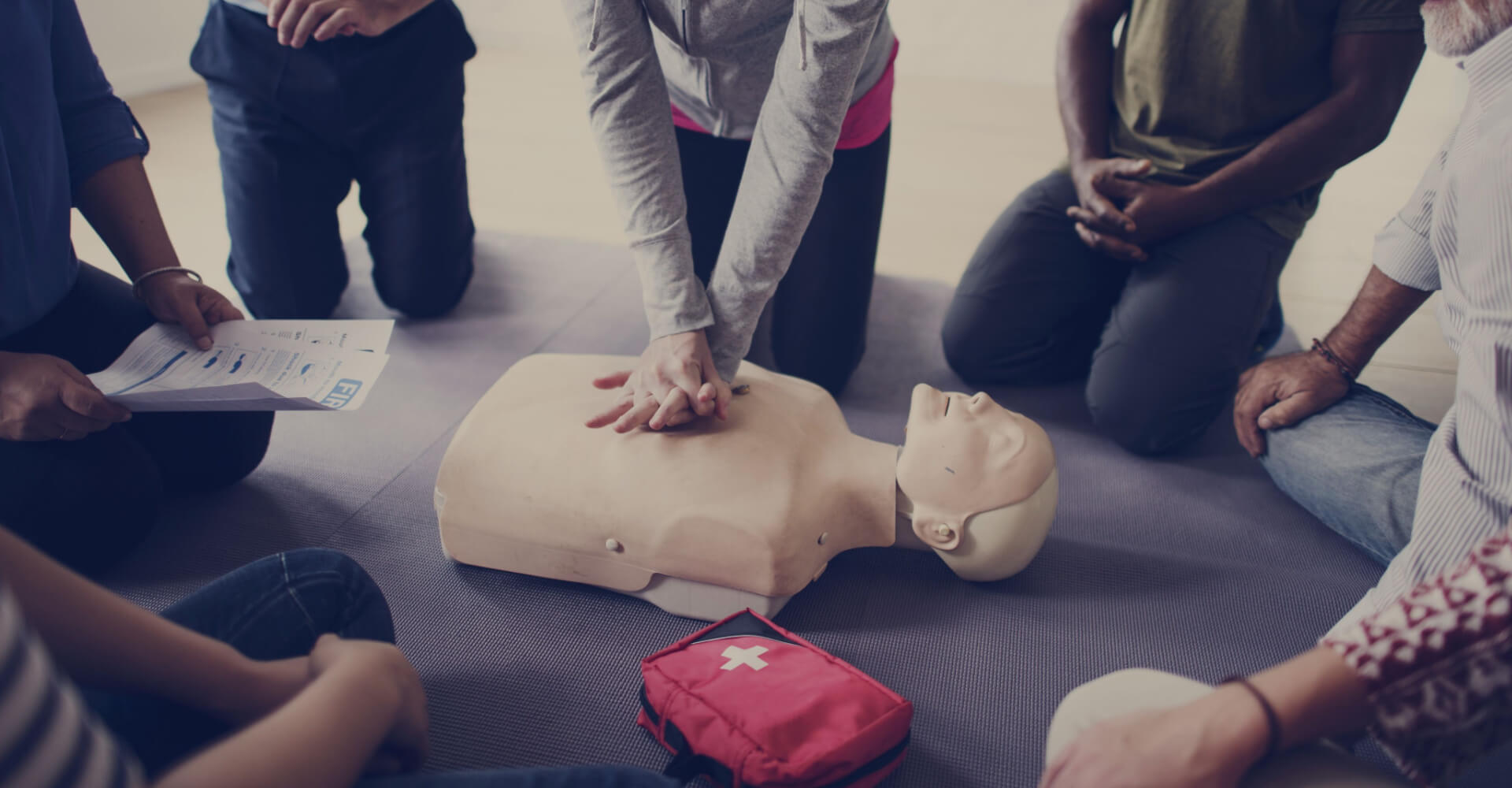
A confined space refers to any hazardous enclosed or partially enclosed space with limited or restricted access and is intended to be entered by any person. Examples include chimneys, sewers and tunnels. A confined space qualification from Intelligent Training Solutions in Victoria equips you with the skills to assess risks and manage safety while working in confined spaces, including knowing how to provide CPR in the event of an emergency.
Lack of Oxygen
Oxygen levels can quickly lower when working in confined spaces due to your presence as well as naturally occurring reactions such as groundwater, rust, chalk or limestone producing carbon dioxide. A confined spaces training course teaches you how to monitor and mitigate risks associated with low oxygen levels in confined spaces.
Bacteria and Other Biological Hazards
Underground sewers, manure pits, tunnels and silos are examples of confined spaces that can contain biological hazards that can cause severe illness without the right PPE and safety strategies. Infectious diseases, dermatitis or lung conditions such as hypersensitivity pneumonitis can result from contact with viruses, bacteria or fungi.
Flooding
Flooding is a particularly big risk in drainage or sewer work. Since confined spaces can be small, dangerous flooding can happen in seconds with no time to escape without the right safety protocols.
Gases, Fumes and Vapours
Gases can leak into confined spaces through a burst gas pipe or from contaminated land. Dangerous fumes and vapours can also be created from work being carried out, such as welding or using adhesives. Flammable vapours, liquids and gases within confined spaces increase the risk of fire and explosions, especially when using tools which can spark. Confined spaces training instructs you on best practice mitigation approaches such as using proper PPE, ventilation and detection systems that alert you to rising gas levels.
Dust
Dust can also build up quickly within confined spaces and can be naturally occurring or through activities such as drilling or grinding. Excessive dust inhalation causes respiratory problems and is potentially fatal. Dust build-up also increases fire and explosion risk.
Confined Spaces Training & First Aid CPR Training in Victoria
Learn how to manage safety in confined spaces with Intelligent Training Solutions in Victoria. From proper signage to first aid CPR training and emergency escape protocols, we can equip you with the skills and knowledge to work in confined spaces. Enrol in a confined space training course today.
